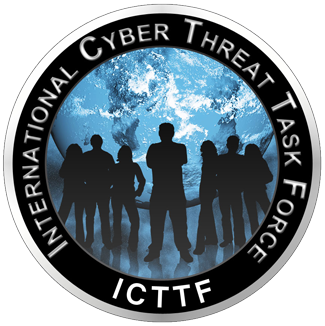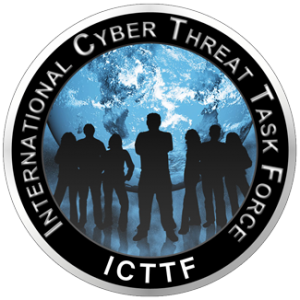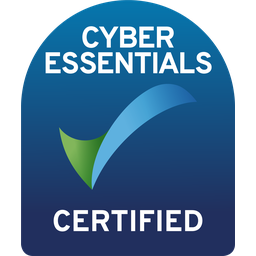
Company Profile
DORA (CoE) - Security Scorecard
As the DORA Compliance Deadline draws closer so to does your opportunity to deal with the challenges related to DORA compliance by attending the EU DORA Summit. There you will have the opportunity to not only partake in a full days training and gain CPD points BUT you will have the opportunity to engage with the worlds best DORA experts, innovators and solution providers at the DORA Expo Zone.
This DORA Centre of Excellence is comprised of the “best of the best” - you can ask questions, gain insights and see demonstrations of their solutions.
In this newsletter, we want to shine the “DORA Spotlight” on SecurityScorecard - let’s consider why a Third Party Risk Management Tools are an integral part of DORA Compliance.
Third-party risk management tools play a crucial role in achieving DORA compliance for several reasons, directly addressing the requirements and challenges outlined in the Digital Operational Resilience Act. Here's a detailed case for their importance:
Enhanced ICT Risk Management:
DORA mandates a comprehensive approach to ICT risk management, including the risks associated with third-party service providers. Third-party risk management tools enable organisations to systematically identify, assess, and mitigate risks posed by their vendors, aligning with DORA's emphasis on robust ICT risk management practices.
Effective Management of ICT Third-Party Risk:
The Act specifically emphasises the management of ICT third-party risk, calling for diligent oversight and management of risks associated with outsourcing ICT services. Third-party risk management tools provide the necessary visibility and control over these external risks, facilitating compliance by ensuring that organisations can effectively monitor and manage their third-party exposures.
Facilitation of Information Sharing:
DORA encourages the sharing of cyber threat information and intelligence amongst financial entities. Third-party risk management tools often include features that enable the sharing of threat intelligence related to third-party vendors, fostering a collaborative defence approach against common cyber threats and vulnerabilities.
Addressing Concentration Risk:
The Act addresses concentration risk, particularly the reliance on a single or limited number of third-party service providers. Third-party risk management tools help organisations to identify and assess concentration risks, enabling them to take proactive steps to diversify their third-party portfolios and mitigate potential impacts on their ICT ecosystem.
Supporting Compliance and Oversight:
DORA establishes a regulatory framework for consistent and harmonious oversight across the EU. Third-party risk management tools can support compliance by providing audit trails, risk assessment reports, and documentation that can be used to demonstrate compliance efforts to regulatory authorities.
In conclusion, third-party risk management tools are indispensable for organisations aiming to comply with DORA. They provide the necessary capabilities to manage and mitigate ICT and cyber risks associated with third-party service providers, directly supporting the objectives of the Digital Operational Resilience Act. By leveraging these tools, organisations can enhance their operational resilience, safeguard against ICT disruptions, and ensure regulatory compliance.
You can meet the team from SecurityScorecard at this year’s EU DORA Summit and ask them directly about how they are helping organisations with their DORA compliance requirements.

HEAD OFFICE
-
ICTTF Ltd
ICTTF House
First Floor Unit 15
N17 Business Park
Tuam, Co Galway
H54 H1K2 -
info@icttf.org
support@icttf.org -
+353 (0)1 905 3263

